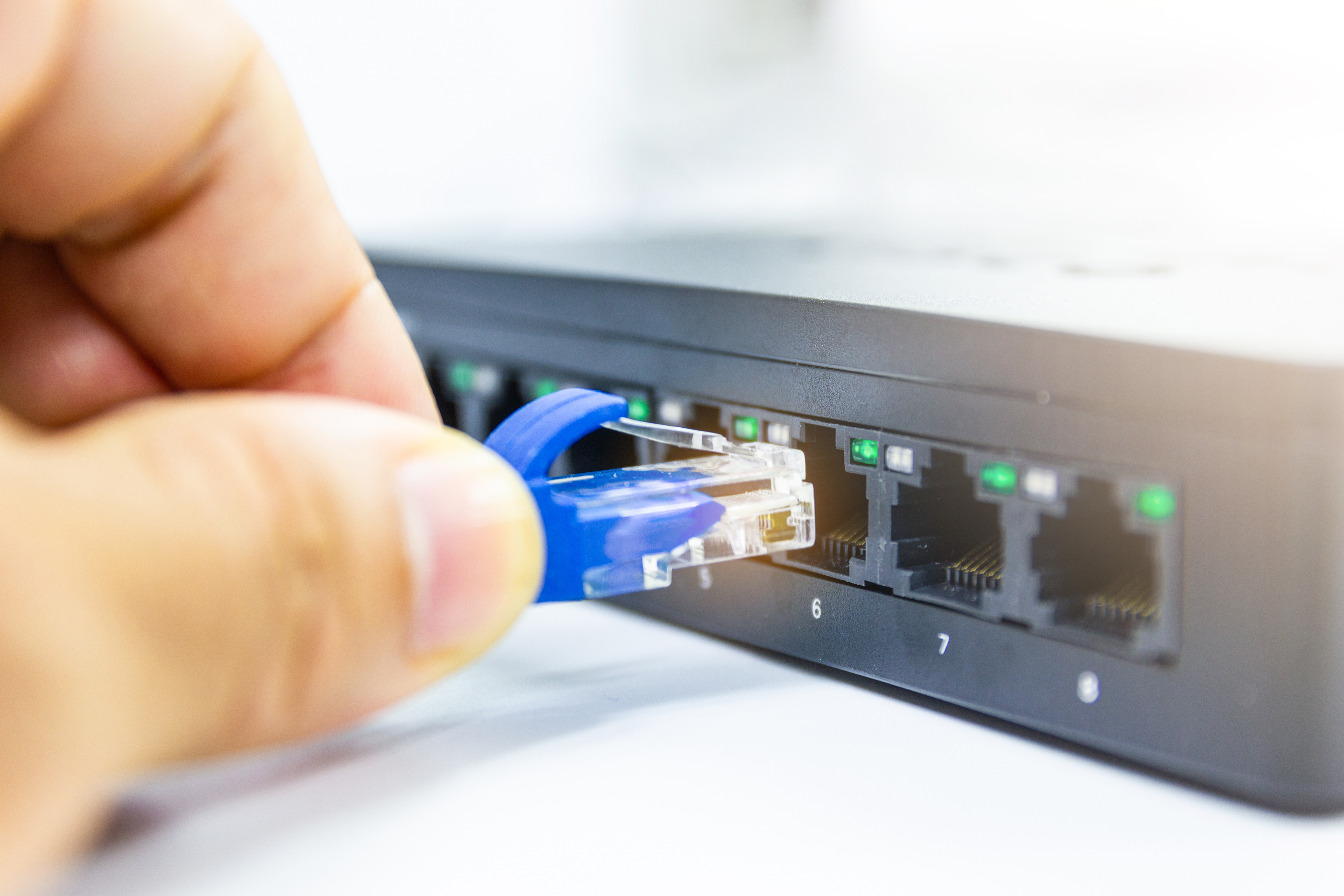U.S. Rep. Terri Sewell, AL-07, announced Tuesday $18.4 million in funding from the National Telecommunications and Information Administration (NTIA) to expand access to reliable high-speed internet at HBCUs and Minority Serving Institutions (MSI) in Alabama. The funding, which comes from the Connecting Minority Communities pilot program, is part of the Biden-Harris Administration’s “Internet for All Initiative” that will connect everyone in America with affordable, reliable high-speed Internet service. Among the institutions receiving funding are Trenholm State Community College, Stillman College, Alabama State University, Talladega College, Tuskegee University, University of West Alabama, and Drake State Community and Technical College.
“The COVID-19 pandemic put a spotlight on the dire need to expand access to reliable high-speed internet in Alabama,” said Rep. Sewell. “That’s why in 2020, I led a letter to Congressional Leadership urging additional funding to expand broadband in the COVID-19 emergency funding package. I’m proud that as a result of this advocacy, seven Alabama HBCUs and minority serving institutions will be receiving over $18 million to increase access to high-speed internet for their students and faculty. This will make a big difference for each of these cherished campuses and I applaud the Biden-Harris Administration for this critical investment.”
In May 2020, Rep. Sewell led her colleagues in a letter to House and Senate leadership successfully urging the inclusion of increased funding for broadband expansion in the 2021 Consolidated Appropriations Act in response to the COVID-19 pandemic. Thanks to her advocacy, the bill directed $268 million for expanding high-speed Internet access and connectivity to eligible HBCUs, Tribal Colleges or Universities (TCUs), and other MSIs which made this funding announcement possible.
The following institutions will receive funding:
H. Councill Trenholm State Community College – $2,066,454.00
H. Trenholm State Community College (Trenholm)’s “Connecting Montgomery: Bridging the Digital Divide – Closing the Opportunity Gap” project aims to strengthen Trenholm’s ability to serve its students and improve digital equity for thousands of others in its anchor community.
Stillman College – $2,774,257.37
Stillman College’s “Fiber for the Future” project aims to expand educational instruction and remote learning opportunities at the institution. The three project activities are: (1) install a fiber optic broadband network on campus, which will include building out a new fiber and switch upgrade for the college; (2) install a new wireless infrastructure for the campus and local community; and (3) purchase eligible equipment and devices for student use in remote learning situations for dual enrollment students at area high schools.
Alabama State University – $2,999,695.37
The Alabama State University (ASU) “Broadening Access through Community, Connectivity, and Education” (BRACCE) project aims to expand broadband internet access designed to (a) expand online courses and programs, (b) improve the campus digital experience, and (c) develop collaborative community endeavors through broadband access. Project activities will meet the goals in two parts. First, ASU will establish a hybrid cloud infrastructure and maintain a cybersecurity program that provides comprehensive strategic planning, governance, and advisory consulting support. Second, ASU will provide extended wireless network coverage to campus locations that have limited, unreliable, or no wireless access; provide the surrounding anchor community with an innovative digital technology center to provide residents with access to both digital technologies and digital navigation services; and develop a campus-based mobile application that creates a central point of access for students, faculty, staff, and alumni to interact with the University’s systems and activities.
Talladega College – $2,969,121.59
The Talladega College “Realizing Future Proof Technology to Create Connections between Talladega College’s Students, Faculty and Surrounding Community in Rural Alabama” project aims to create a broadband network that will provide internet services across the college’s campus and extend that into the city of Talladega and portions of Talladega County. This objective will be completed through the following three principal grant activities: (1) conduct a comprehensive technology assessment; (2) design, deploy and install the broadband network; and (3) grow and expand Talladega’s College base of IT, AV, database personnel. Once completed, the broadband network design and deployment is intended to provide a robust, economically viable solution that can deliver much-needed internet access to Talladega College and areas in the community where internet access is limited or unreliable. This project will also provide Talladega Collage with leading edge educational technology and delivery systems to help families in the community that have not been able to participate in virtual learning and provide future services to help foster commercial and industrial development.
Tuskegee University – $3,569,618.00
Tuskegee University’s “ConnecTUvity: Anchoring the Future of Tuskegee with Broadband Technology” project aims to upgrade the campus fiber backbone and upgrade audio-visual equipment and severely outdated equipment in learning spaces to ensure that it is technologically current to support the needs of the campus and students. The project activities will upgrade the Tuskegee University fiber optic network and classroom cabling; enhance the cybersecurity posture at the university by expanding policies, user awareness, and training curriculum offered to faculty, staff, and students; equip STEM and nursing disciplines with technological equipment; and increase the number of Hyflex learning spaces to support hybrid instruction.
University of West Alabama – $1,649,440.00
University of West Alabama (UWA)’s Connects Minority Communities Project aims to enhance broadband access, capacity, and adoption, and increase digital skills in Sumter and Greene Counties through a collaborative partnership of key stakeholders. With enhancements in these areas, the UWA CMC Project will spark new investment, create and cultivate jobs, support existing industry, and promote positive economic development in a rural region.
The UWA Connects Minority Communities Project will build the broadband IT capacity of UWA and upgrade and expand network capabilities of UWA satellite facilities at the Development Center and the West Alabama Center for Conservation and Agriculture. The project will provide broadband education, awareness, training, access, equipment, and support to students and patrons at UWA and tax-exempt 501(c)(3) organizations in the community. It will improve use of broadband services by eligible MBEs and community-based organizations to deliver digital skills, digital inclusion, workforce development programs, and technology services in anchor communities. Finally, the project will provide digital/connected devices such as laptops, hotspots, tablets, video conferencing rooms to UWA facilities and tax-exempt organizations or eligible institutions in anchor communities for digital skills trainings, facilitation of remote/virtual education, telehealth, etc.
Drake State Community and Technical College – $2,413,182
The Drake State Community and Technical College’s Connecting Minority Communities project aims to eliminate historical inequities related to broadband and computer access within the anchor communities in and around Madison County, Alabama. The proposed program will provide access to laptops with broadband access, home broadband access for anchor community members, streamline access to Drake State’s student support resources and online courses, and democratize access to postsecondary education and careers in computer science information systems, cyber security, and cyber defense. With this grant funding, Drake will have the necessary resources to support students’ potential and ambition to earn an Associate’s degree, and for those who desire it, the opportunity to earn an online bachelor’s degree in information technology management or micro-credentials in industry-recognized computer science information certificates.























































